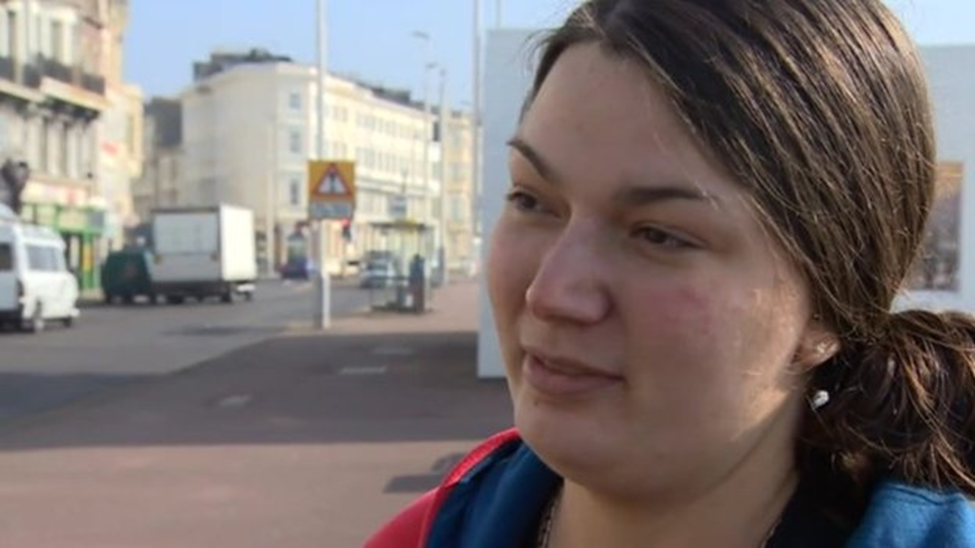Cost of provisional licence will fall from 31st Oct 2014, to £34 from £50, while cost of renewing licence online will drop to £14
The cost-cutting measure, which will see the price of a provisional licence fall to £34 from £50, was announced by ministers, who estimated it would save all new drivers in the region of £80m over the next decade.
Other cuts coming into effect on 31 October include the costs of renewing a licence online every 10 years, reduced from £20 to £14, and a tachograph card used by businesses to monitor how far staff drive, which will fall from £38 to £32.
Transport minister Claire Perry said: “The cost of driving, especially for young drivers, can be significant and we are committed to cutting costs where we can. Thanks to DVLA making large-scale savings to their running costs, we have been able to cut the cost of the driving licence which will save drivers and businesses £150m over the next 10 years.”
The agency processes 1m “first licence” applications every year and the fees drop is expected to save new drivers £82.2m over 10 years, with more than 77% of these applications made by 17 to 24-year-olds.
In addition 2.1m photocard licences are renewed every year, meaning motorists already on the road would save £61.3m collectively over a decade.
Businesses make another 85,500 renewals a year and will save £2.44m over 10 years while the cost savings to tachographs will save another £3.58m over the decade.
Read full story at : http://www.theguardian.com/politics/2014/oct/25/uk-driving-licence-fees-fall












